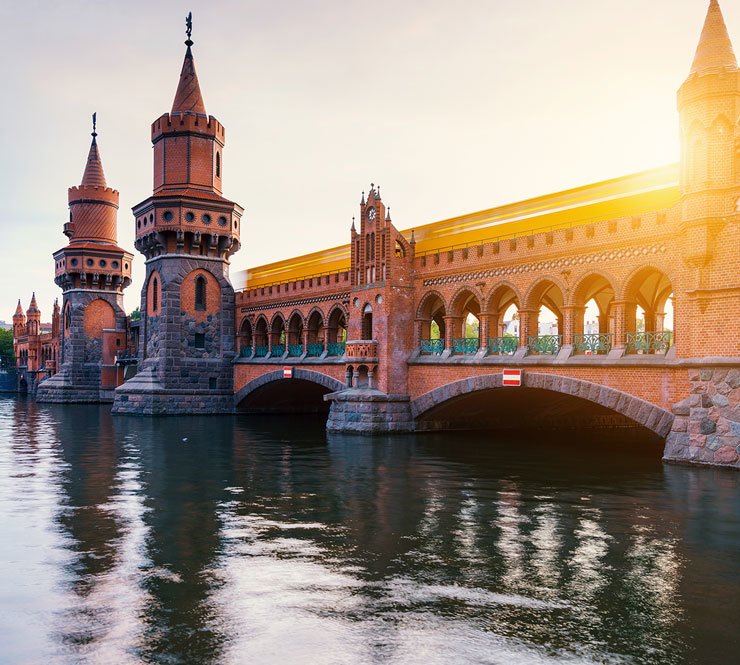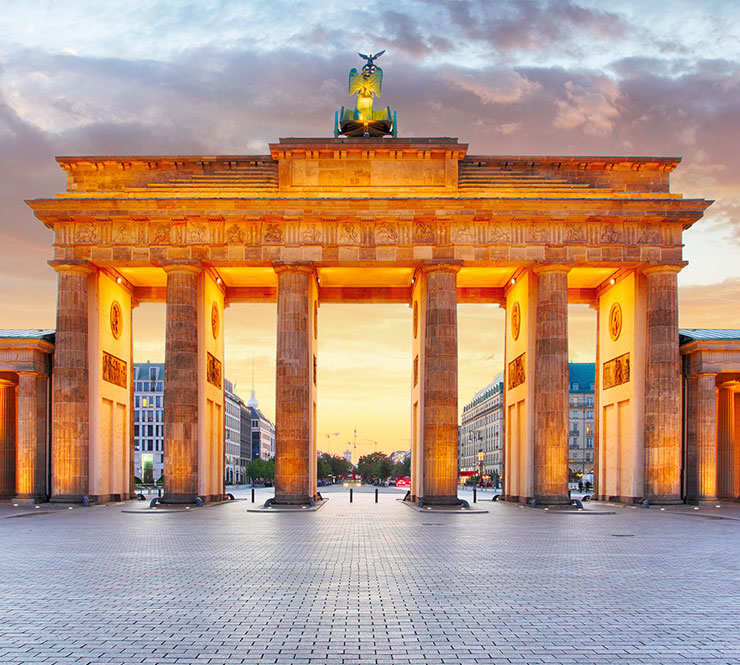COURSE DETAIL
The course is an introduction to the geometry of the image formation process and how visual data is represented and manipulated in a computer. Students learn projective geometry, which helps model the perspective projection, and digital image processing. Topics include how to model the perspective operation that happens when a picture is taken (projective geometry, image formation process), how pictures (visual data) are represented and processed in a computer (digital image processing), how to find out the internal geometric parameters of a camera (camera calibration), and what applications camera technology has in robotics (stereopsis, visual odometry, AR/VR, etc.).
COURSE DETAIL
Why do cities exist? Why do firms cluster? Why is economic activity not equally distributed across space? This course addresses the central questions of why cities emerge, what roles cities will continue to play in the economy, and what determines the rise and fall of cities. Technically, the course provides an introduction to the field of urban economics. It focuses on stylized facts, basic microeconomic concepts, and empirical applications. Special
attention is paid to social problems in cities, including housing, public transit, crime, and the role of local governments. The course aims to make students familiar with economic tools and concepts useful for the analysis of urban issues. More generally, students learn to apply economic theory to real-world problems. A special focus is placed on evidence and examples from Berlin. With its long and vibrant history, Berlin provides an excellent environment to study and explore various features of the economics of cities. Field trips allow participants to learn more about the past and the future of cities, their functions, their internal spatial structure, and their dynamics.
COURSE DETAIL
This course introduces key concepts and frameworks in public policy, focusing on how policies are formulated, implemented, and evaluated. It provides insights on how issues make it onto the political agenda; when and how public policies are made; how their effects can be assessed; what makes them successful; and how public policies can be compared. The course explores different types of policies, the policy instruments governments use to influence societal outcomes, and the factors that drive policy change or stability to familiarize students with analytical tools used in policy research. In doing so, the course also examines the challenges of addressing complex, "wicked" problems that confront governments with particular challenges. In addition to general theories and approaches in public policy research, the course introduces selected policy areas, such as health, education, environmental, and social policy. The course equips students with the tools to analyze policy processes, assess government effectiveness, and critically engage with real-world policy challenges.
COURSE DETAIL
The course's goal is to enable participants to acquire and process digital images in technical applications in a context-aware manner. The course introduces the basics of digital image processing, the acquisition of images in computing environments, and the extraction of semantic contents from the images. The goal of the course is the exemplary coverage of an interdisciplinary breadth, not necessarily an in-depth treatment of a specific domain. Fundamentals like sensor calibration, feature detection (e.g. edge extraction), matching and classification are taught. Integrated practical exercises cover operating a camera from a single-board computer and using a smartphone camera in a computer vision setting. Furthermore, exemplary machine learning approaches are used for “understanding” the images acquired previously. Software to be developed make use of the OpenCV Python library.
COURSE DETAIL
This course explores the dynamic interplay between gender, space, and state policies in Iran, focusing on how women navigate and resist the gendered narratives imposed by the state. By examining both historical and contemporary contexts, the course delves into the ways Iranian women, from various backgrounds and walks of life, have engaged with modernity, anti-modernity, and state-driven agendas. Through a mix of theoretical frameworks and case studies, students gain insights into the strategies used by women to resist and negotiate oppressive structures, with an emphasis on the spatial aspects of their resistance.
Pagination
- Previous page
- Page 5
- Next page





